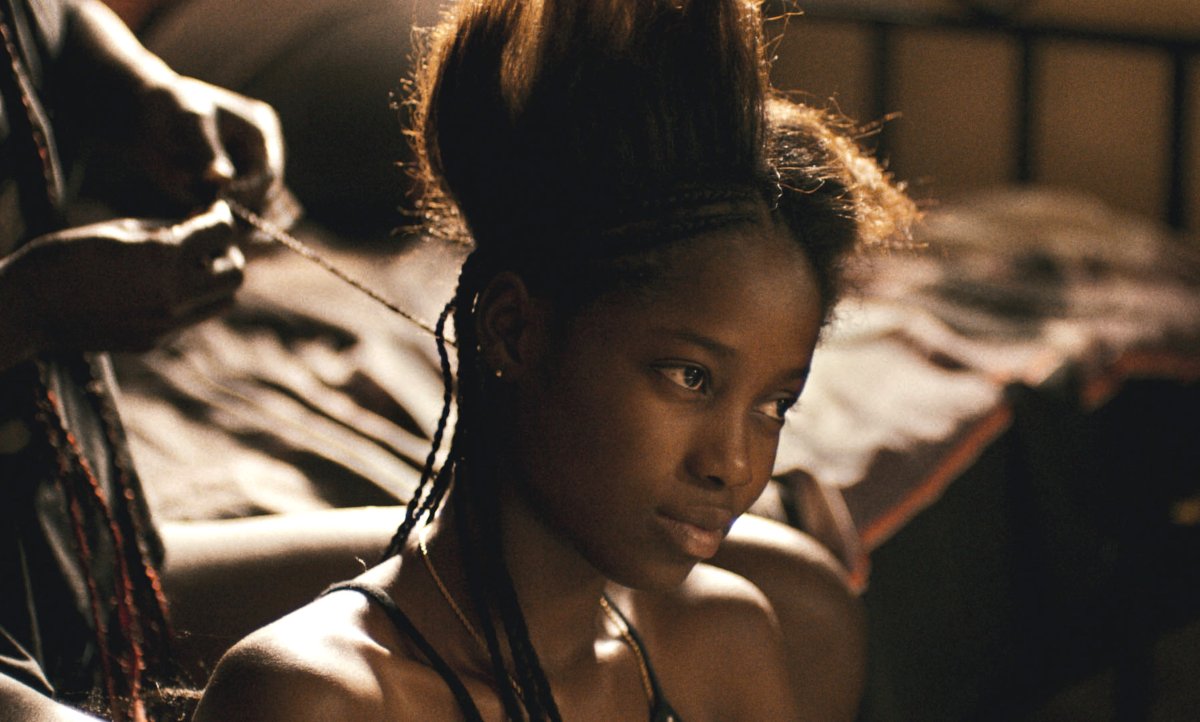Webinar: Film Collectives and the New Negress Film Society
On November 16th, Film Quarterly hosted a webinar on the New Negress Film Society (NNFS), the groundbreaking film collective and subject of a feature article by Samantha Sheppard in the Fall issue of Film Quarterly. Panelists Stefani Saintonge (current NNFS member) and Chanelle Aponte Pearson (former NNFS member) discuss the collective’s genesis and evolution with scholar and writer Samantha Sheppard (Cornell University). Moderated by FQ editor-in-chief Rebecca Prime.









